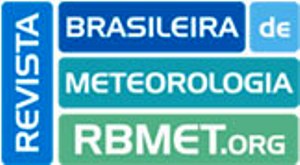Abstract
The main purpose of this study was to analyze the Mesoscale Convective Complexes (MCC) physical characteristics over the Northeastern Brazil between 2008 to 2017. To create a short-term weather forecast, understanding and detailing of these systems is necessary. This is of great importance for the population, since MCC often cause adverse phenomena leading to socio-economic losses for the whole society. The MCC identification and all calculations of their physical characteristics were performed with the aid of an MCC automatic analysis and detection algorithm, based on the standards proposed by Maddox. METEOSAT satellites Infrared enhanced images were used for the processing algorithm. Sixty-five MCCs occurred mainly in the autumn and summer seasons were identified. MCC development started between late evening and early morning (between 00-03 UTC). An interval of approximately four hours was observed between genesis and maximum development, when MCC reach maximum extension area. The average coverage area of these MCCs was 120,000 km2, the largest of the reported cases had a total area of about 427,926 km2.
Keywords:
MCC; Mesoscale systems; Northeast

 Thumbnail
Thumbnail
 Thumbnail
Thumbnail
 Thumbnail
Thumbnail
 Thumbnail
Thumbnail
 Thumbnail
Thumbnail
 Thumbnail
Thumbnail
 Thumbnail
Thumbnail
 Thumbnail
Thumbnail







